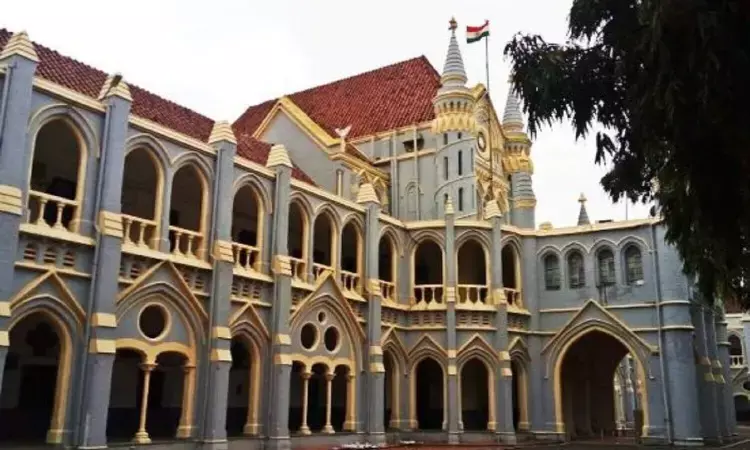
Jabalpur: In a significant relief to a postgraduate medical student who had to abandon his studies midway due to the ongoing ethnic violence in Manipur, the Madhya Pradesh High Court has ordered Bundelkhand Medical College to return his original academic documents within 7 days, waiving off a Rs 30 lakh penalty that was initially demanded.
Background
The petitioner, Dr. Thongam Yaifada Singh, hailing from Imphal, had secured admission to an MD course at Bundelkhand Medical College, Sagar, after clearing the NEET-PG 2021 exam. However, after two years into the course, violence broke out in Manipur, claiming the lives of several of his family members and leaving him as the sole male guardian for the surviving dependents.
Citing family responsibilities and extreme emotional and financial distress, Dr. Singh had to discontinue his studies. But when he requested the return of his original documents, the college demanded Rs 30 lakh, citing a seat-leaving bond.
Legal Battle
Aggrieved, Dr. Singh moved the High Court, stating that:
- He is from the OBC category and cannot afford the bond amount.
- The Medical Commission of India (now NMC) has recommended abolishing such seat-leaving bonds from 2025 onward.
- His withdrawal was under extraordinary humanitarian circumstances, not academic negligence.
Senior Advocate Aditya Sanghi, representing Dr. Singh, also referred to NMC recommendations suggesting alternatives to financial penalties, such as temporary bans on reapplying for PG courses.
HC Observations & Order
The Division Bench of Chief Justice Suresh Kumar Kait and Justice Vivek Jain took note of the humanitarian grounds, the petitioner’s economic background, and the recommendations by medical regulatory bodies.
The court ordered:
- The immediate return of the doctor’s original certificates within seven days.
- Issuance of a notice to Bundelkhand Medical College, seeking an explanation for demanding the penalty.
Wider Implications
This case has reignited debate around:
- The ethics and legality of steep seat-leaving bonds.
- Mental health and financial stress endured by medical students.
- The need for flexible exit policies in exceptional circumstances like natural disasters, violence, or health emergencies.
The National Medical Commission’s Task Force on Mental Health has already recommended abolishing such bonds and ensuring that students are not financially trapped in the system.
This ruling may now serve as a precedent for similar cases nationwide, especially for students facing crises beyond their control.


